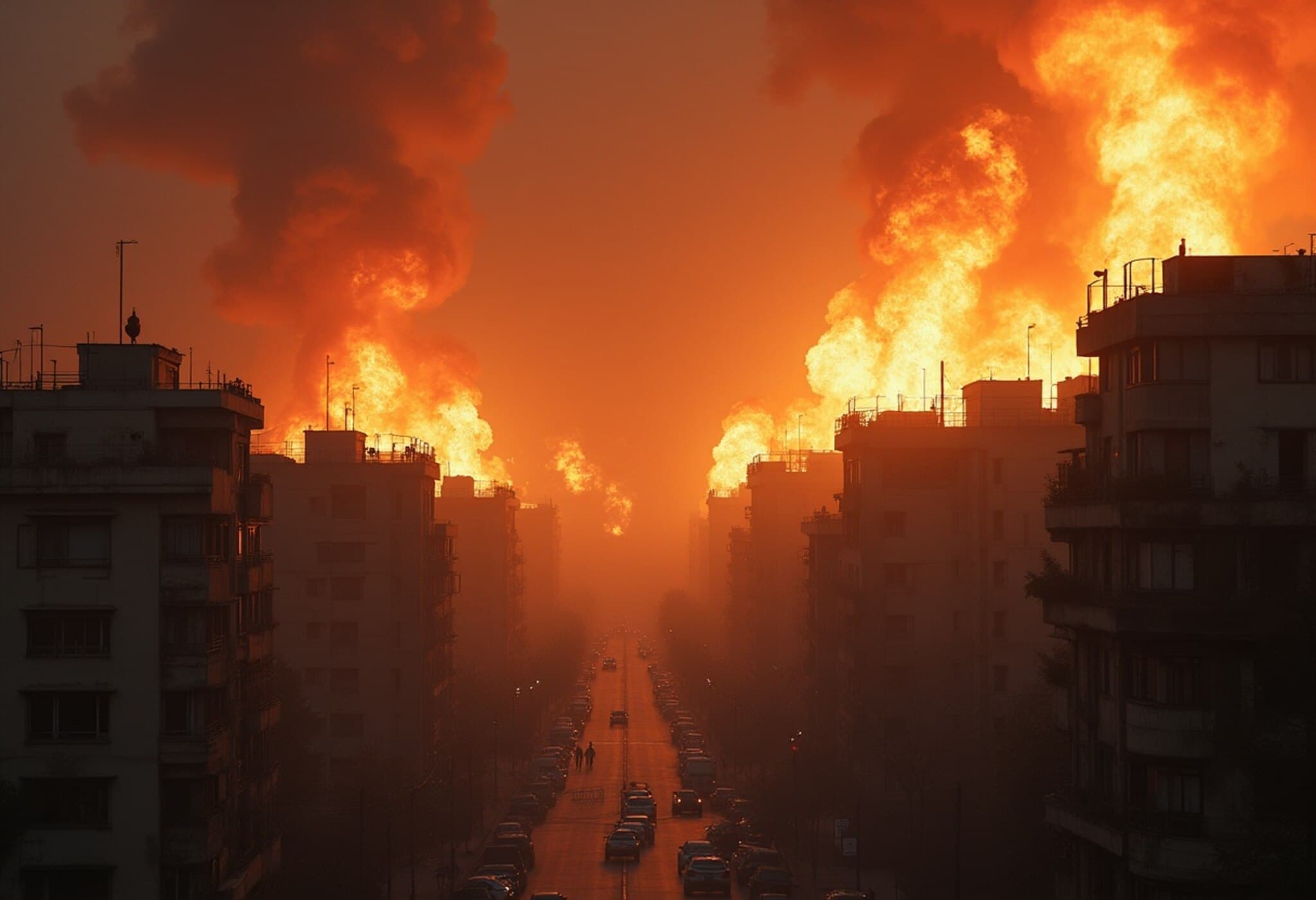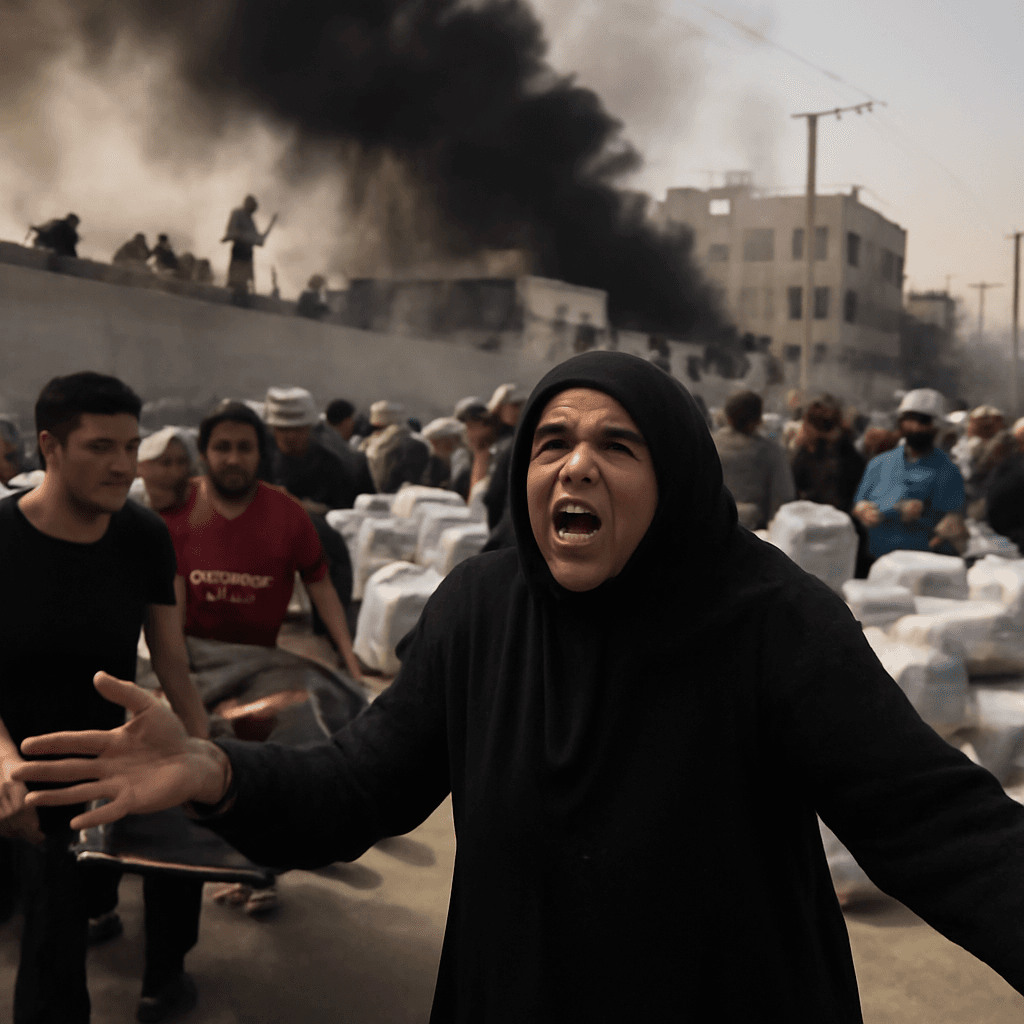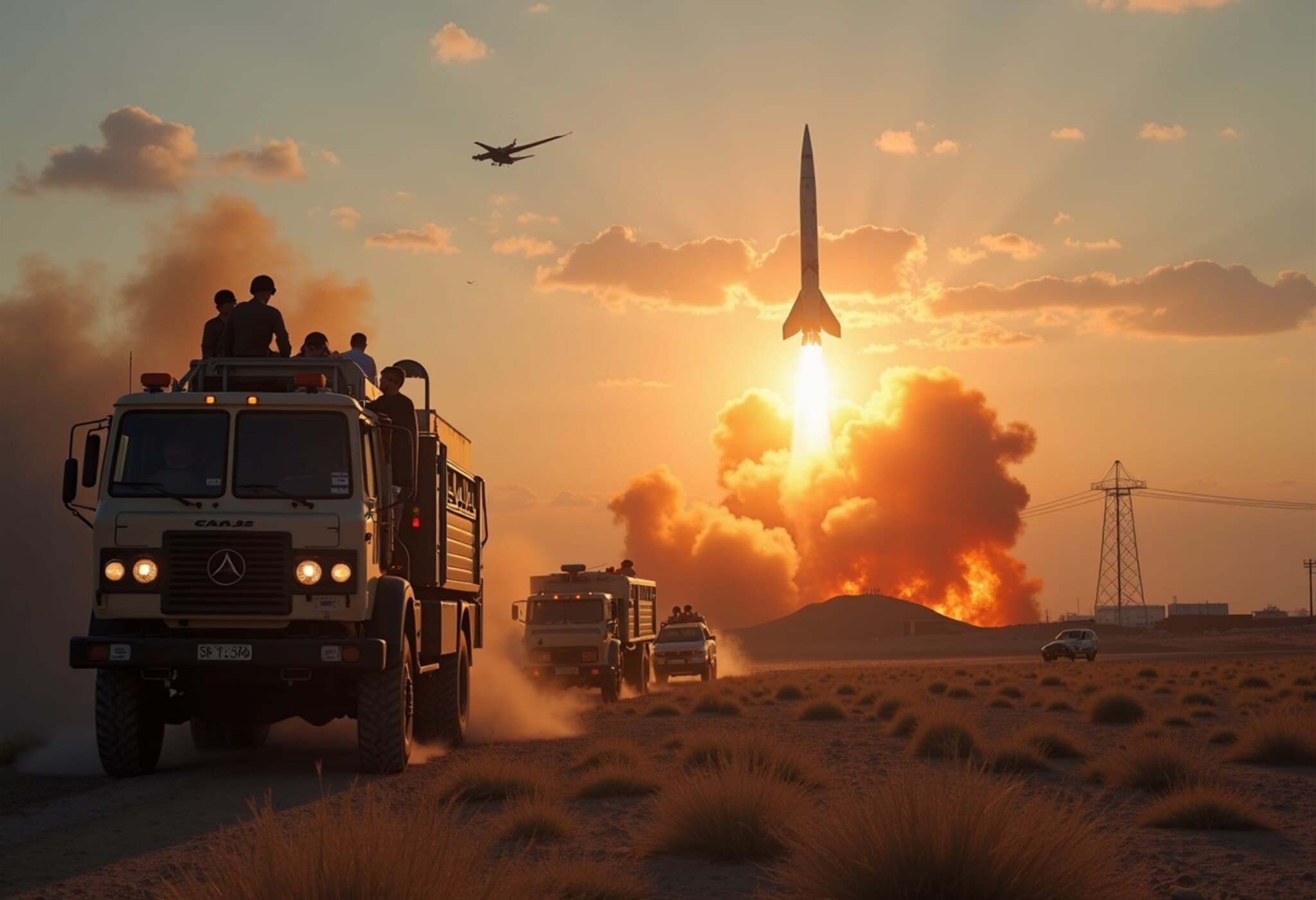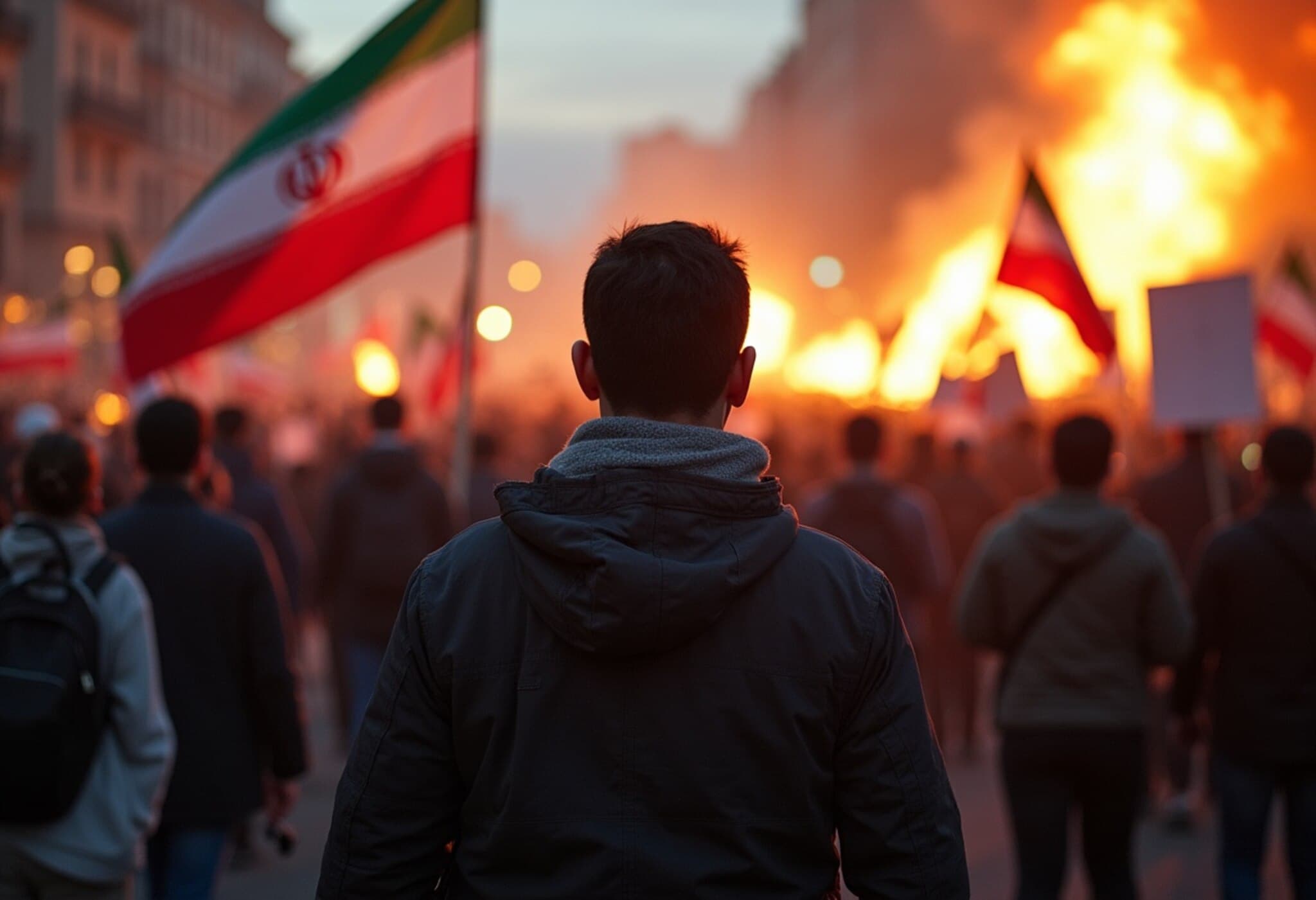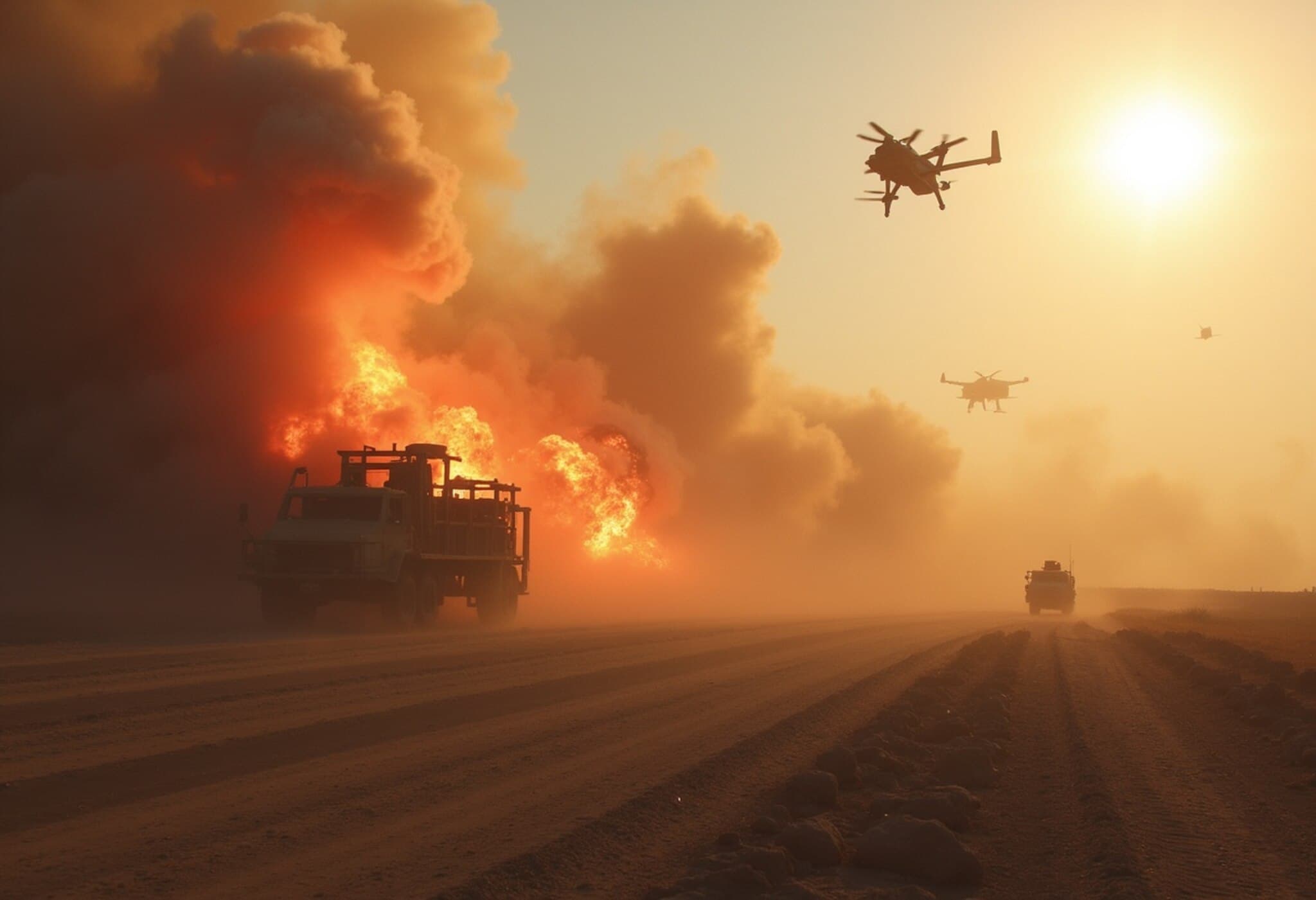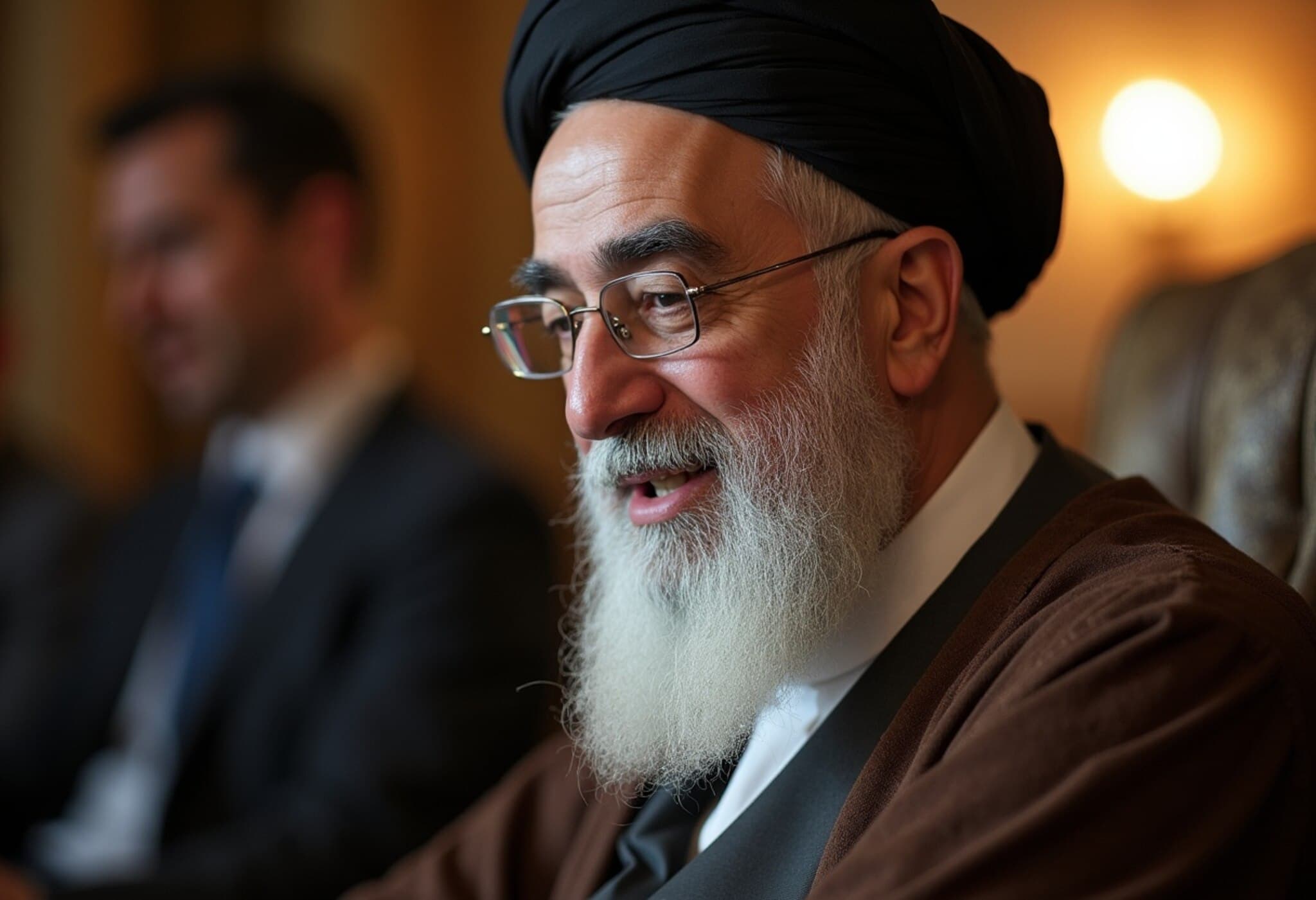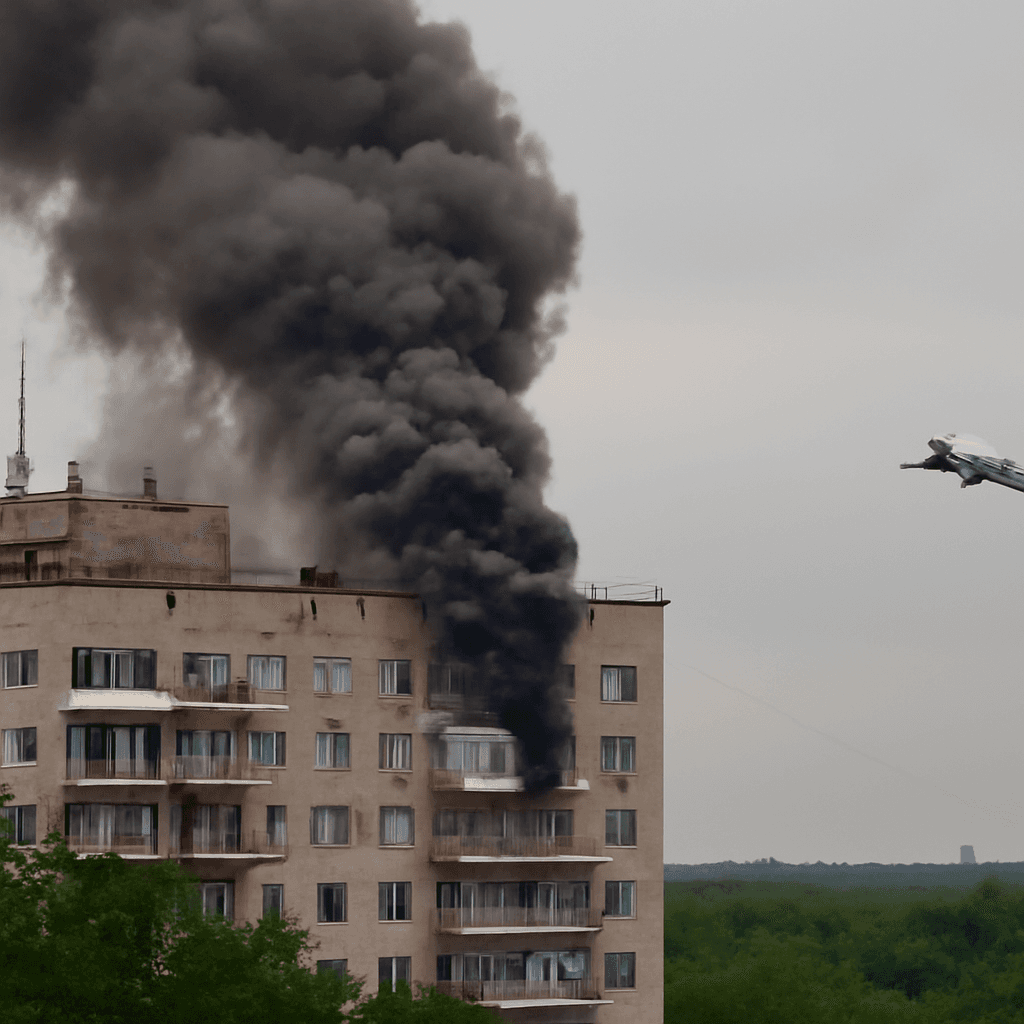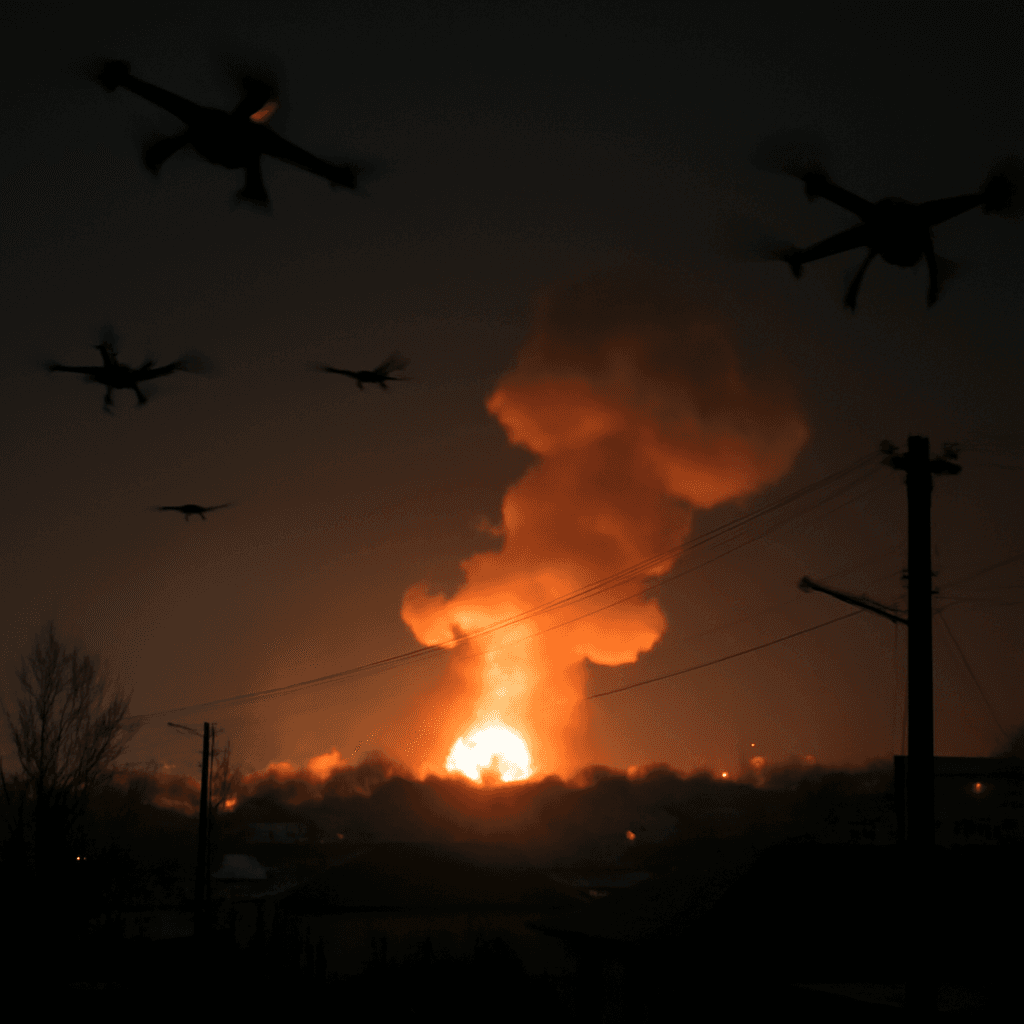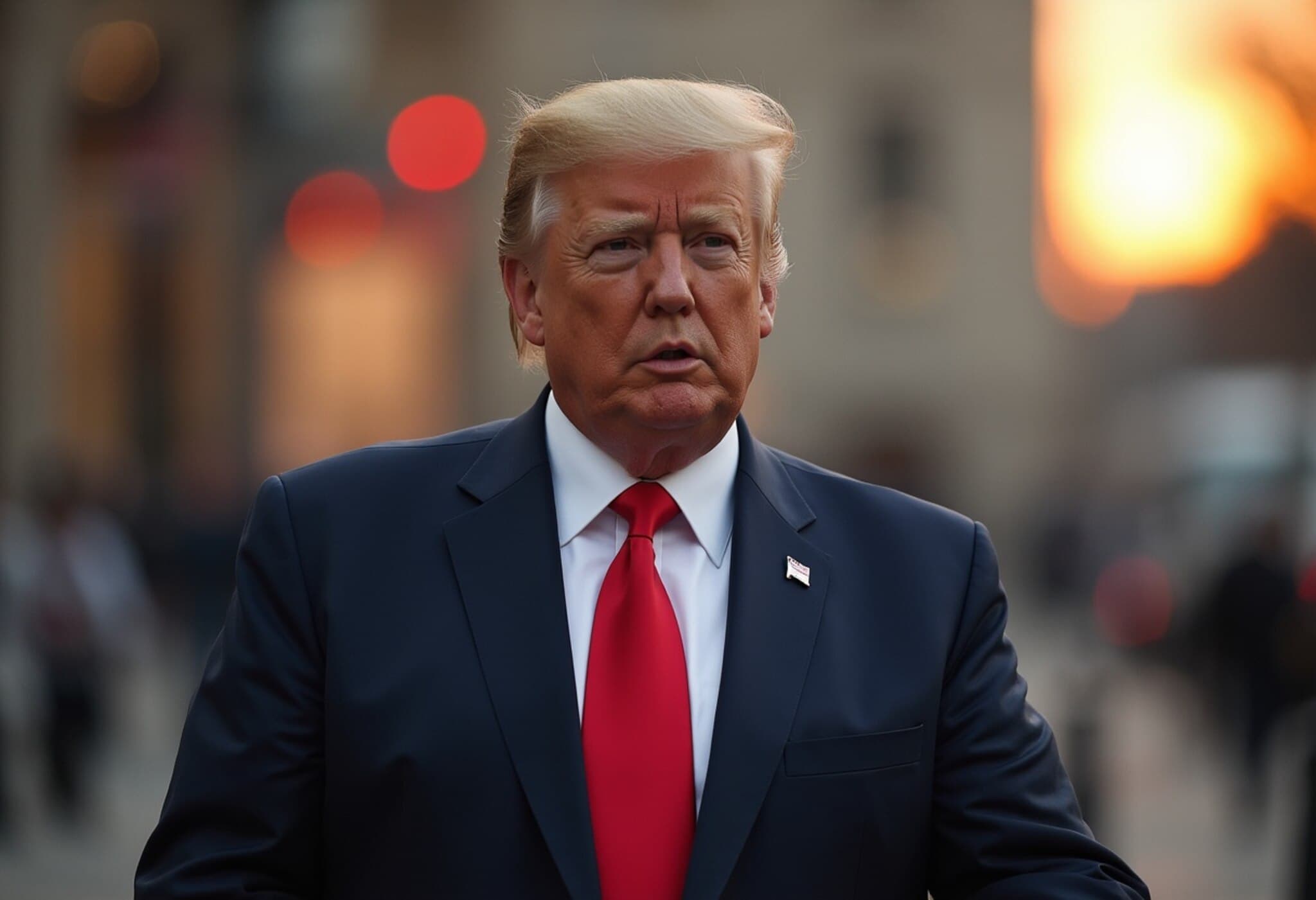Renewed Explosions Hit Tehran Following Israeli Military Strikes
More than 12 hours after Israel launched a significant wave of strikes targeting Iranian sites, fresh explosions rattled Tehran and its surrounding areas late Friday evening. Iranian state media reported blasts in western Tehran province, including the cities of Shahriar and Malard, as well as the Chitgar neighborhood within the capital.
Additionally, a separate explosion was reported in Pakdasht, located southeast of Tehran. Eyewitness accounts from various neighborhoods across the capital's east, west, and central districts described loud detonations, while journalists stationed in northern Tehran also confirmed hearing blasts.
Heightened Tensions Amidst Drone Interceptions and Military Operations
Iranian air defenses reportedly intercepted and shot down an Israeli drone near the Fordow nuclear facility, according to Iranian news outlets. Earlier reports had indicated two previous explosions in the vicinity of this sensitive nuclear site.
The renewed attacks come after Israel's bold military operation aimed at crippling Iran’s nuclear and military infrastructure. Deploying warplanes and covert drones within Iranian territory, the strikes targeted critical installations and key personnel, including senior generals and scientists involved in the nuclear program.
Political Reactions and International Implications
Israeli Prime Minister emphasized that the operation was coordinated with the United States in advance, stating that American officials were informed prior to the strike. However, US representatives have insisted there was no direct involvement or assistance in the attacks.
In a pre-recorded message, the Israeli leader stressed, “We have told them in advance, they knew about the strike.” While refraining from speaking on behalf of the US administration, he noted the firm stance taken against Iran’s nuclear ambitions.
Iran swiftly retaliated by launching drone swarms targeting Israeli territory, accompanied by stern warnings from Supreme Leader Ayatollah Ali Khamenei promising “severe punishment.”
Backdrop of Regional Instability and Strategic Calculations
The military operation has significantly escalated tensions between the two countries, threatening to ignite a broader conflict across an already volatile Middle East. Israel's decision to proceed with the strike follows years of caution by successive US administrations wary of triggering wider instability.
However, recent geopolitical shifts — including a provocative attack by Hamas in late 2023 and changes in US leadership — appear to have created the conditions for Israel to move forward with its planned offensive.
Confidential diplomatic sources reveal that Israel had earlier warned the US government about the forthcoming large-scale attacks, facilitating prior coordination in a bid to manage the unfolding crisis.
Looking Ahead
As the situation develops, the international community faces heightened uncertainty over the possibility of all-out conflict. The evolving dynamics between Iran and Israel will be critical in shaping regional security and nuclear non-proliferation efforts moving forward.

